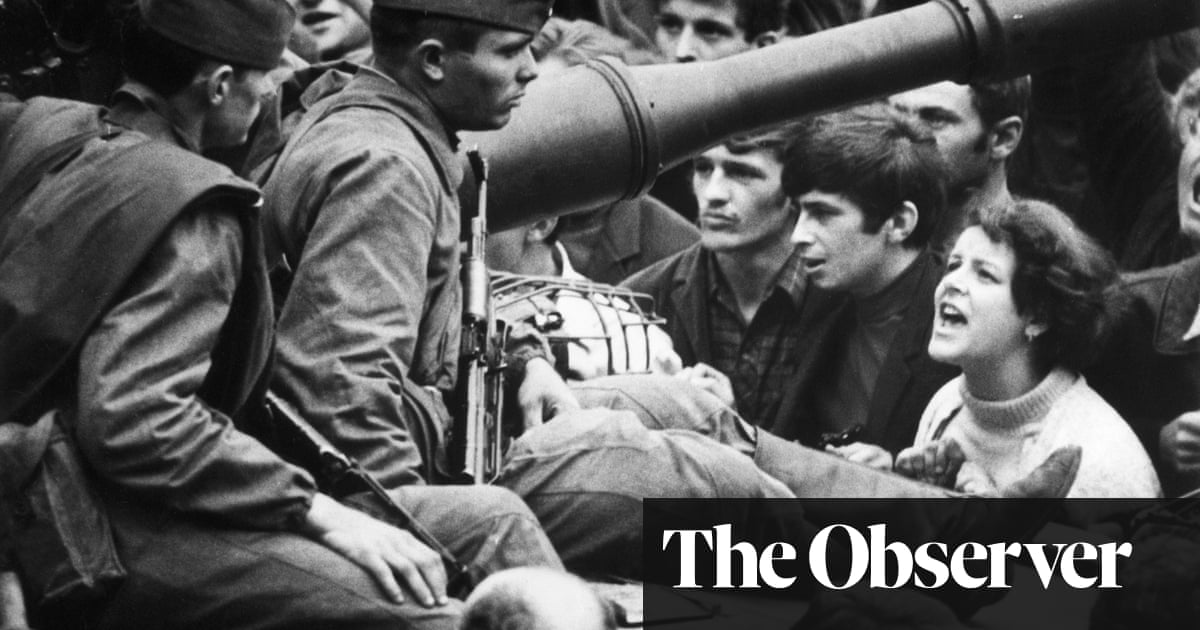Nine special forces troops are facing prosecution over alleged war crimes committed in Syria, the government has revealed, with another member of the armed forces under investigation over their actions in Afghanistan.
The Ministry of Defence has said the prosecuting authority for the armed forces – known as the Service Prosecuting Authority (SPA) – has been considering the cases of the 10 individuals over at least three separate incidents, though it would not say what those were.
The figures were included in a freedom of information response to reporters at the Times, after an internal review forced reluctant officials to publish them.
An MoD spokesperson said: “Our UK personnel are respected worldwide for the highest standards and action will be taken against anyone that fails to meet these standards, including dismissal from service, where appropriate.
“It would be inappropriate to comment further on ongoing investigations.”
The details have been revealed amid a separate public inquiry into whether British special forces unlawfully killed dozens of Taliban fighters held in captivity in Afghanistan.
The newspaper made the request after reports emerged that five members of the SAS had been accused of committing war crimes in Syria more than two years ago, and could face court martial.
The soldiers were alleged to have shot dead a suspected terrorist whom they said they thought was about to carry out a suicide attack.
The Daily Mail, which first revealed details of the incident, reported that a primed suicide vest was found near where the man was shot but that he was not wearing it at the time.
Military sources told the paper earlier this year they believed the British troops should have arrested the man instead of killing him. The paper also reported that military bosses had sent files to the SPA recommending murder charges against the five soldiers.
The MoD said that eight troops were facing charges in a single case, but would not say whether or not the case related to the alleged terrorist shooting.
The MoD originally refused to publish the information after the Times’s request, arguing it would “undermine the effectiveness of the UK military”.
However, an internal review overturned that decision after finding there was “no acceptable justification for withholding the information now for operational reasons”.
The MoD’s head of information rights added in their response: “When considering requests for information, [the] MoD is required to inform requesters whether it holds the information in scope of a request.
“However, there may be occasions when complying with this obligation would be prejudicial and, in such circumstances, the [Freedom of Information] Act allows a public authority to respond by refusing to confirm or deny whether it holds the requested information.
“I have, however, considered the position as part of this review and alongside further consultation with the subject matter experts, we have determined that in this case it would not be prejudicial to make a section 1 declaration as to whether information in scope of this request is held.”

.png) 3 months ago
29
3 months ago
29













































